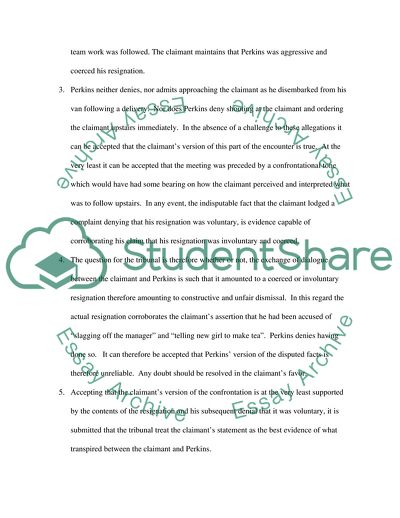Cite this document
(Why the Claimant Has Unfairly Dismissed Case Study, n.d.)
Why the Claimant Has Unfairly Dismissed Case Study. Retrieved from https://studentshare.org/law/1734950-settle-written-submissions-as-to-why-the-claimant-was-unfairly-dismissed
Why the Claimant Has Unfairly Dismissed Case Study. Retrieved from https://studentshare.org/law/1734950-settle-written-submissions-as-to-why-the-claimant-was-unfairly-dismissed
(Why the Claimant Has Unfairly Dismissed Case Study)
Why the Claimant Has Unfairly Dismissed Case Study. https://studentshare.org/law/1734950-settle-written-submissions-as-to-why-the-claimant-was-unfairly-dismissed.
Why the Claimant Has Unfairly Dismissed Case Study. https://studentshare.org/law/1734950-settle-written-submissions-as-to-why-the-claimant-was-unfairly-dismissed.
“Why the Claimant Has Unfairly Dismissed Case Study”. https://studentshare.org/law/1734950-settle-written-submissions-as-to-why-the-claimant-was-unfairly-dismissed.


